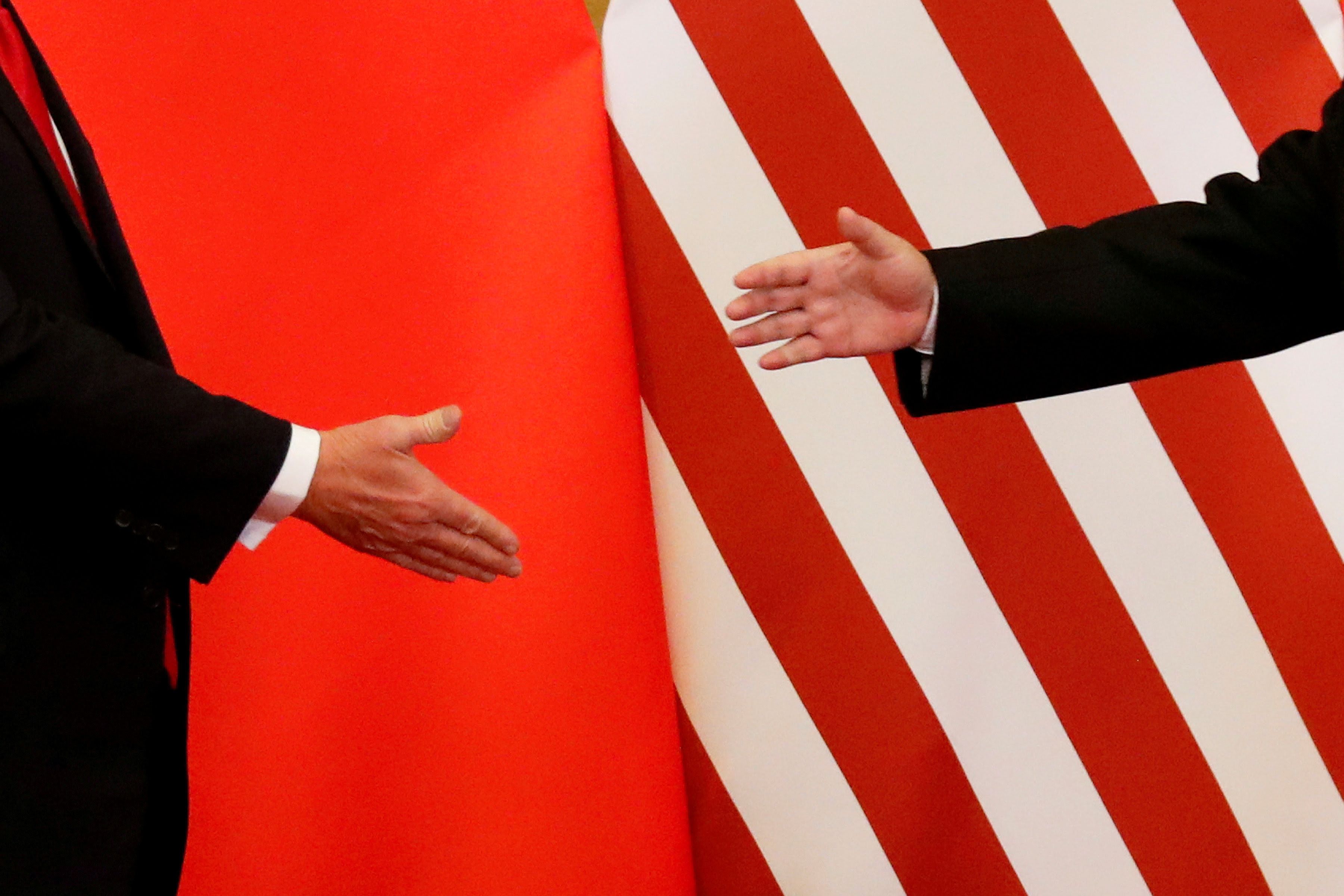President Trump yesterday followed through on his threat to impose tariffs on another $200 billion worth of Chinese exports to the United States. A 10 percent levy will go into effect immediately, rising to 25 percent on 1 January 2019. China, undeterred by Trump’s willingness to up the ante, has already pledged to retaliate. A negotiated compromise to end the US-China trade war looks as far off as ever.
This round of tariffs puts a new group of people on the front lines of that war: a broad swathe of American consumers. Trump’s earlier rounds of China tariffs – which are meant to force China to stop unfairly subsidizing its own companies while extracting technology from foreign ones – focused largely on industrial equipment purchased by American firms.
But the new measures include things like Chinese-made computers, furniture, home appliances, and food products that ordinary Americans purchase in large quantities. Industry organizations and consumer advocates have warned that these tariffs could cost jobs, reduce economic growth, and erode living standards, particularly for middle class and lower-income people, who tend to spend more of their income on imported goods. By one official estimate, cheaper imported goods account for more than a quarter of the American middle class’s purchasing power.
In practice, the new tariffs may not show up fully in the price of your (or your American friends’) next vacuum or laptop – in part because many suppliers will be able to source things from countries other than China (and also partly why Trump’s focus on China may not affect the overall US trade deficit.)
But it does raise an important question for an American society that has gotten very used to cheap consumer goods from China over the past several decades. What price are people willing to pay in the name of economic nationalism and solidarity with domestic industries?
